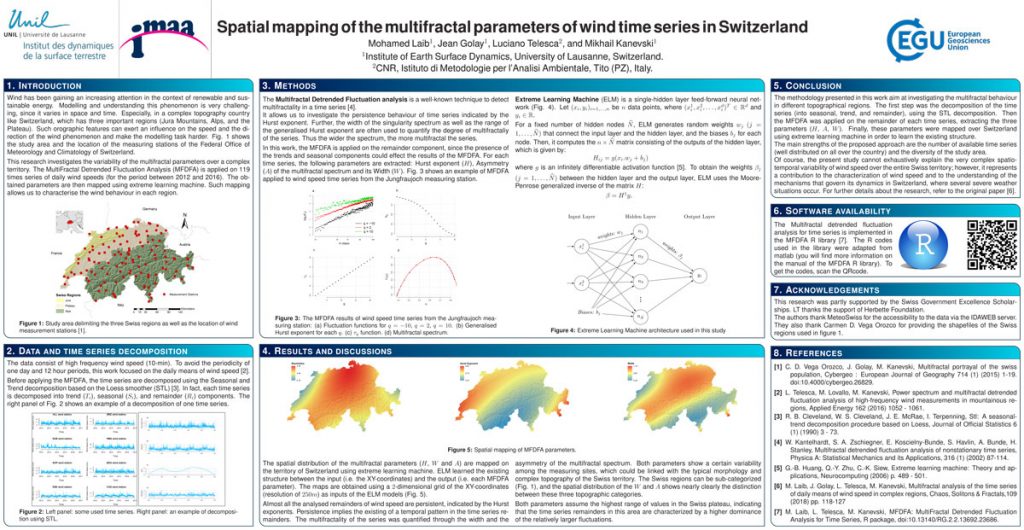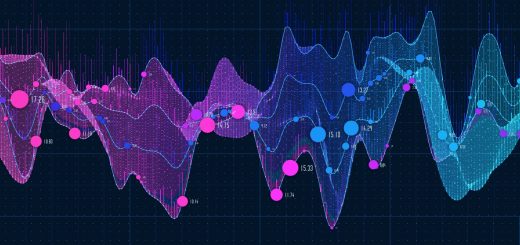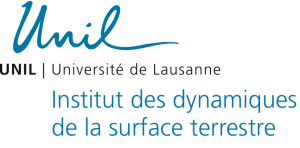Data Analysis Using Network, Multifractal and Dimensionality Reduction Tools
Recent developments in the technology of collecting and storing data have enhanced meteorological monitoring systems, enabling them to record meteo-climatic parameters with greater frequency, using multiple sensors spatially distributed. Consequently, exploring, modeling and understanding these environmental parameters requires new and efficient techniques, especially when the study area is characterized by complex topographical features like Switzerland.
The project proposes some approaches to modeling multivariate geo-environmental data. The main contributions are the following:
- Comprehensive exploratory data analysis of high-frequency wind speed time series from the Meteoswiss monitoring network;
- A coherent analysis of wind monitoring network using a complex network concept. The analysis allowed the study of the temporal behavior between the measurement stations of wind speed;
- Proposal and construction of a complex network based on dependencies quantified by mutual information. Analysis of a wind-monitoring network using a community detection method allowed the finding of clusters corresponding to the major climatic zone in Switzerland;
- Spatial modeling and visualization of the data characteristics using an extreme learning machine. Such visualization gives a comprehensive overview of the multifractality characteristics of the wind speed over Switzerland;
- Introduction of a new parameter-free, unsupervised feature selection algorithm to reduce existing redundancies in data. This filter algorithm describes the relationship between space filling design and data mining tasks.
- Development of new open-source R libraries, available on CRAN and GitHub platforms.
The project contributes to enriching understandings of environmental parameters in complex mountainous regions like Switzerland, using several statistical techniques and machine learning algorithms.
Contributors: Mohamed Laib and Mikhail Kanevski
- Spatial mapping of multifractal parameters of wind time series in Switzerland





